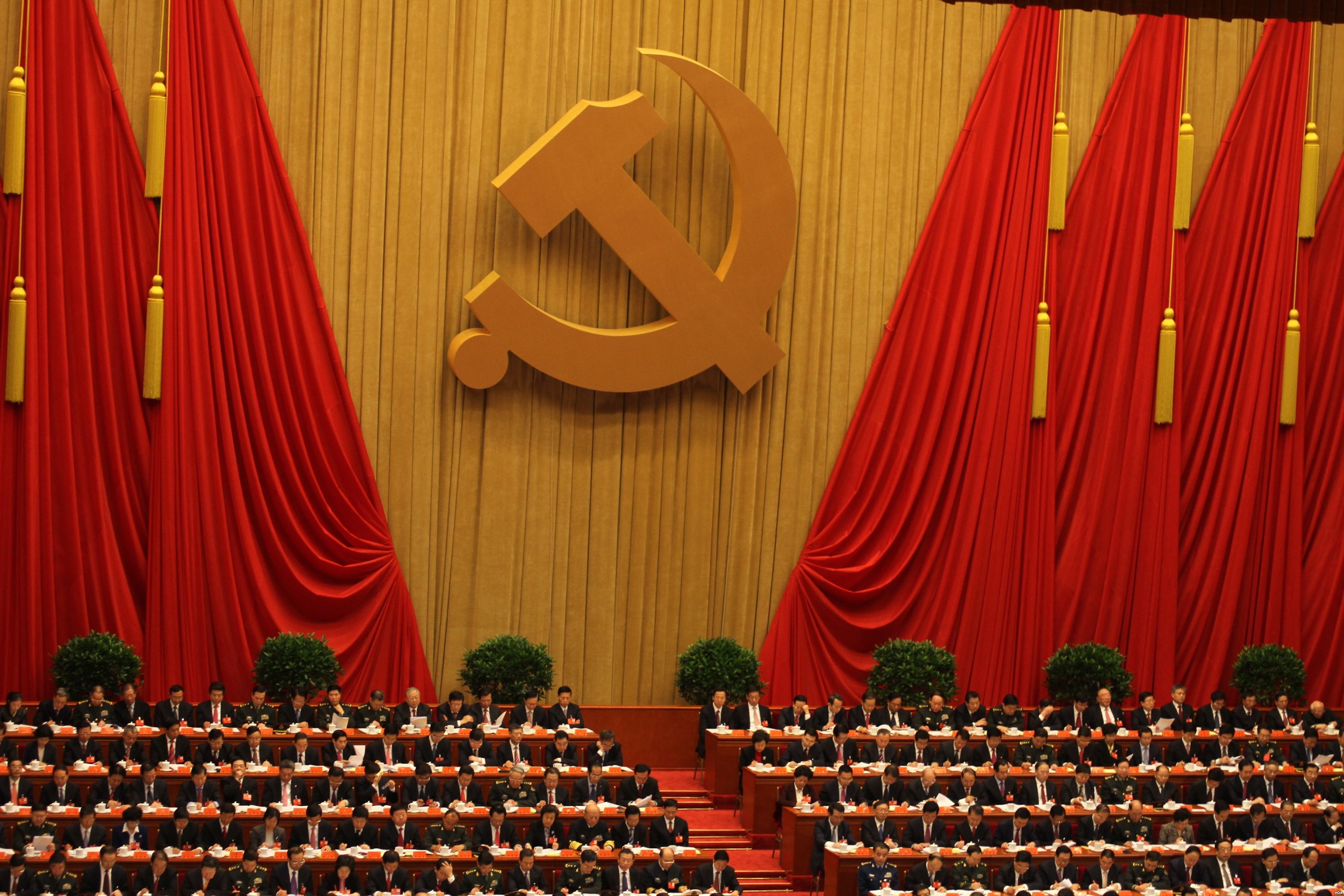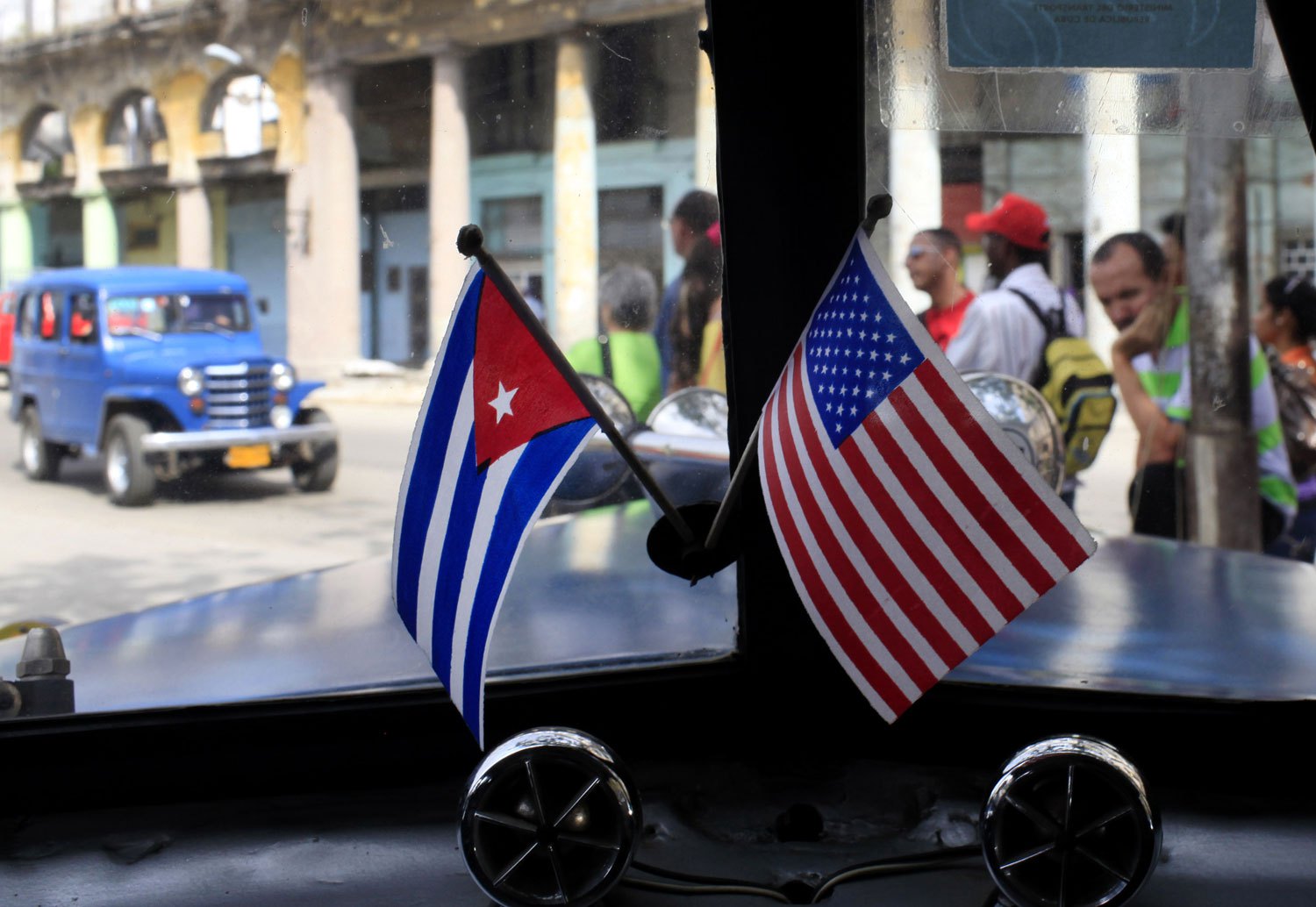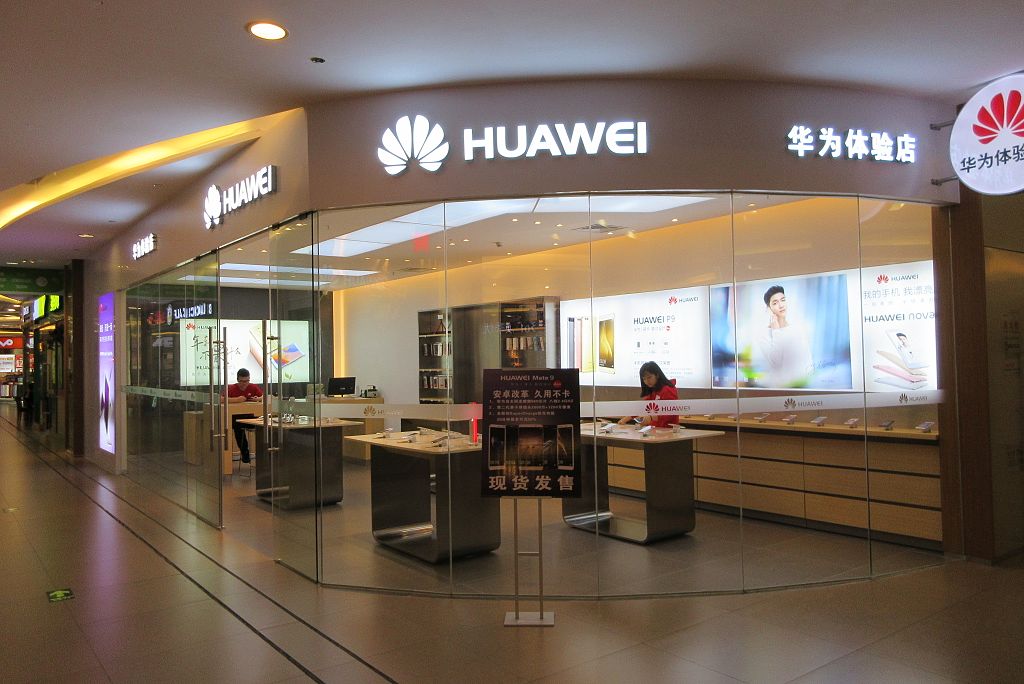Abstract: China is the world’s largest exporter and has experienced some of the fastest and largest economic growth over the past few decades. China has also become one of the largest trading partners for several economically developed countries including the United States, Canada, the European Union, and Australia. While the West has been enjoying cheap trade from overseas, China has capitalized in greater geo-political influence, and has demonstrated to the international community that interference in its domestic affairs will not be tolerated.
Tensions between Canada and China have deepened following the arrest of Meng Wanzhou, Huawei’s chief financial officer and the daughter of the company’s founder, by the RCMP in early December 2018. The arrest was carried out on behalf of U.S. authorities, following the guidelines of the extradition treaty between the U.S. and Canada. The company executive was arrested for allegations of spying and fraud. This move infuriated Deng Xiaoping’s government in Beijing, who accused Canada of arbitrarily detaining Meng. Beijing later issued a public safety warning to Chinese citizens travelling to Canada citing the arbitrary enforcement of local laws.
A few weeks after Wanzhou’s arrest in Vancouver, China followed suit and detained at least thirteen Canadian citizens due to alleged national security threats, many of whom have since been deported. Among them a is a former Canadian diplomat, Michael Kovrig. China highlighted that Kovrig did not have diplomatic immunity, and claimed that he did not even have the right to legal representation. Many analysts see the arrest of Kovrig and the other Canadians arrested in China as retaliation against Canada. There are very real speculations that this is a form of ‘hostage diplomacy’, where the hostage taker seeks to deter targets from enacting policies that are disadvantageous to them.
Tensions continued to escalate between Canada and China when another Canadian in China, Lloyd Schellenberg was sentenced to death in January 2019. Canadian Prime Minister Justin Trudeau and Minister of Foreign Affairs Chrystia Freeland suggested that China was enforcing the death penalty arbitrarily, and asked for clemency for Schellenberg. The ruling was a day-long retrial of a court case that found him guilty of drug smuggling in August 2014. Schellenberg had already served three years out of a fifteen year prison sentence. Following this incident, Canada experienced immediate support from the international community, including the U.S., the U.K., Germany, France, and Australia among others. The United States Secretary of State Mike Pompeo, and international rights groups including Human Right Watch, have condemned China’s use of the death penalty, suggesting it was politically motivated and retaliation for the arrest of Wanzhou.
China, however is steadfast in its position in the detention of Canadian citizens, and the death sentence against Schellenberg. Chinese ambassador Lu Shaye has further outlined that Canada’s arrest of Meng Wanzhou was an example of “western egotism and white supremacy.” A comment from a spokeswoman from China’s foreign ministry, Hua Chunying, outlined that China was not one bit worried about the mounting global support for Canada, and ridiculed the support by suggesting Canada’s “‘so-called’ allies could be counted on ten fingers, and do not represent the entire international community.” Hua continued to condemn statements from Prime Minister Trudeau and Minister of Foreign Affairs Chrystia Freeland, urging Canada to respect China’s rule of law and judicial sovereignty and to stop publishing irresponsible remarks.
China’s condemnations of Canada’s remarks regarding the retrial mirror those of the Saudi Arabian government, who criticized Canada for meddling in their domestic affairs just five months earlier. While there is much evidence to support the accusation that the arrest of Canadians in China and the retrial of Schellenberg are politically motivated, this incident may also signify a worrying precedent for Western nations. As China continues to grow economically and militarily, and continues to exercise greater geo-political power to rival or undermine that of the U.S. and its allies, the current liberal world order may well be in jeopardy.
Featured photo: 18th National Congress of the Communist Party of China (2012). By: Dong Fang via Wikimedia Commons. Public Domain.




